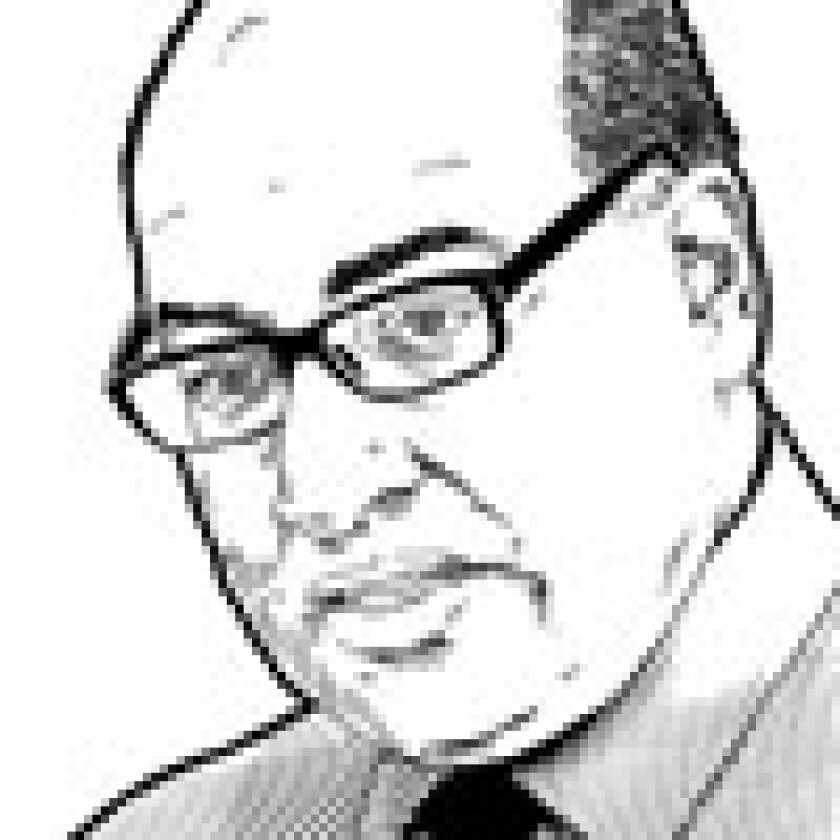The major theme for the annual meetings will be around growth and how to boost economic activity. The countries in Central, Eastern and South-Eastern Europe have taken a lot of difficult decisions in the wake of the financial crisis, a lot of fiscal consolidation has been taking place and their fundamentals now look much better.
But the reform is not finished. The biggest challenge facing the countries in the region right now is finding the courage to make difficult decisions that would improve their business climate and help boost growth. Having worked as a civil servant for many years, I understand that these reforms are not easy. There are groups in any country that are against some of the reforms; of course, that is the nature of reforms. And in the European Union, because we are all democratic now, politicians want to be re-elected.
The electoral cycle and the vested interests are things that policymakers have to worry about but at the same time they have to worry about the long-term health of their country, and there’s a mismatch between the two. I think worrying more about the long term than about the short-term electoral cycle requires politicians to have great courage.
One question that countries need to ask themselves now, as fiscal consolidation takes place, is: are the things that they are protecting in their budget those that would help with growth most? Are things like infrastructure getting cut because it is easier to cut future plans in infrastructure than some other areas? In other words, the composition of the budgets really matters going forward.
I think there is quite a bit to do on the structural reform side as well. Business confidence is down across our region as it is in Western Europe. One of the big issues that business people talk about is the investment climate, ranging from corruption levels through to issues where governments have changed policy suddenly and that has made investors very wary about new investments. There are issues around the longer term things, like the justice system, is the commercial court system in these countries really fit for purpose?
Those are questions that many businesses ask us and we talk to shareholders about. The importance of the business climate issue is this: one day, when the global economy picks up – whether that will be in 2014 or 2015 – the countries that are small and cannot live through domestic demand will need to attract foreign investors. Can they really compete for scarce foreign investment if they do not improve their investment climate? I don’t think that is possible.
They have to take measures to improve their standing in that respect, for example by boosting their place in the World Bank’s ‘Doing Business’ report. On that issue, there was a discussion recently highlighting the opinions of those who believe that the indicators of the report were too biased towards a capitalist approach. I think at the end of the day the ‘Doing Business’ survey isn’t really about models of capitalism or socialism, it’s really about what a business person thinks, it’s about business confidence.
It is very interesting to have the views of trade unions and civil society and it’s very interesting to have the views of the Chinese leadership about these things, but I’m actually more interested in what do business leaders in my countries of operations really think. And I don’t hear them saying that the ‘Doing Business’ indicator is the wrong indicator. The economic model of free markets is still the one to which most policymakers in emerging Europe aspire and European Union accession is their goal. When I go to Eastern Europe and talk to leaders there I see that the European anchor, both in political but also in economic terms, is the most important anchor for these countries.
That is why countries like Serbia, Albania or Kosovo want to accede to the EU and why Croatia is so pleased that it will do so in July. Sentiment is still in that direction. What has happened is that the financial crisis and the growth problem have made them think of some other sources of investment.
That is why Serbia for example has been looking at China, the Gulf countries, that’s why the Visegrad four [the Czech Republic, Hungary, Poland and Slovakia] have also been looking at China. To diversify your sources of investment is sensible, while the European Union and Western Europe still remain the political and economic anchor.
The eurozone crisis, in the Balkans particularly, has hit the countries quite badly. Not just through the banking system but for instance Albania’s economy depends on remittances from its workers in countries like Italy and Greece very heavily.
As the economies of these two countries have been going down, Albania has been hit. This doesn’t make the European Union very popular at the moment but I still think that underneath there is quite strong support for it as an anchor for the medium-term and long-term, as there has been for 20 years.
Sir Suma Chakrabarti is the president of the European Bank for Reconstruction and Development.
— Interview by Antonia Oprita
- Follow us on twitter @emrgingmarkets
